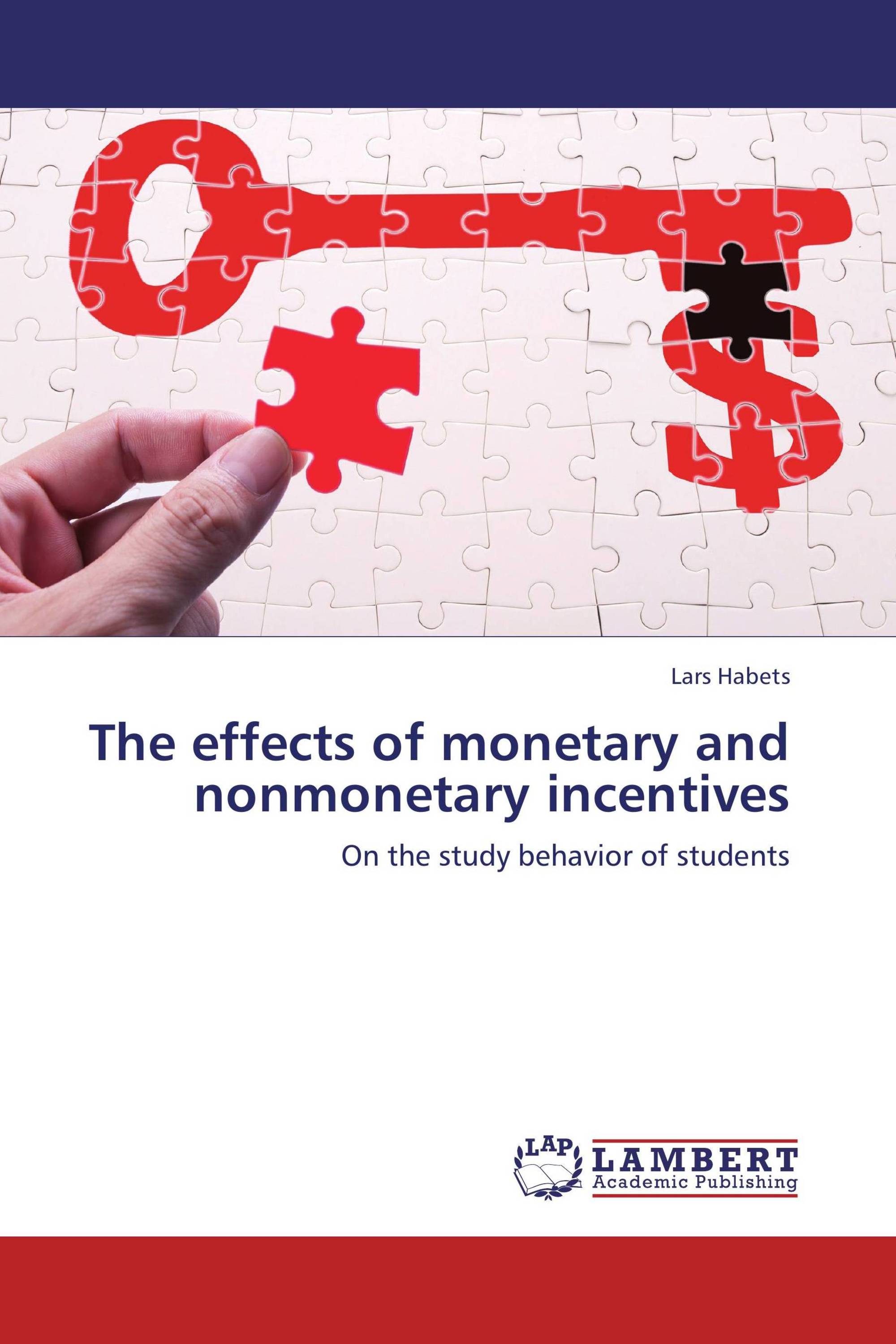In December 2010 the Dutch government announced plans for new legislation that should diminish the number of longitudinal students. The bill contains requirements regarding the time for obtaining a bachelor’s and master’s degree. If students do not fulfil their study in the required time they have to pay an additional €3.000 fine. This bill for longitudinal students will become valid in September 2012, and was the underlying idea for this study. The purpose of this study is to gain understanding about the effects of monetary and nonmonetary incentives on people’s behavior. This is tested among more than 300 first-year students of the University of Amsterdam. The results of the study show resemblance with economic theory and also indicate that monetary and nonmonetary incentives do not always improve behavior as expected. The study points out that different incentives can improve the study progress of students. This raises the question whether a negative incentive, as the €3.000 fine, is the best way to achieve structural improvements in study behavior. Or are cost savings in Dutch tertiary education the underlying motivation for implementing the bill for longitudinal students?
Book Details: |
|
|
ISBN-13: |
978-3-8484-3854-9 |
|
ISBN-10: |
3848438542 |
|
EAN: |
9783848438549 |
|
Book language: |
English |
|
By (author) : |
Lars Habets |
|
Number of pages: |
56 |
|
Published on: |
2012-03-12 |
|
Category: |
Politics and economics |
